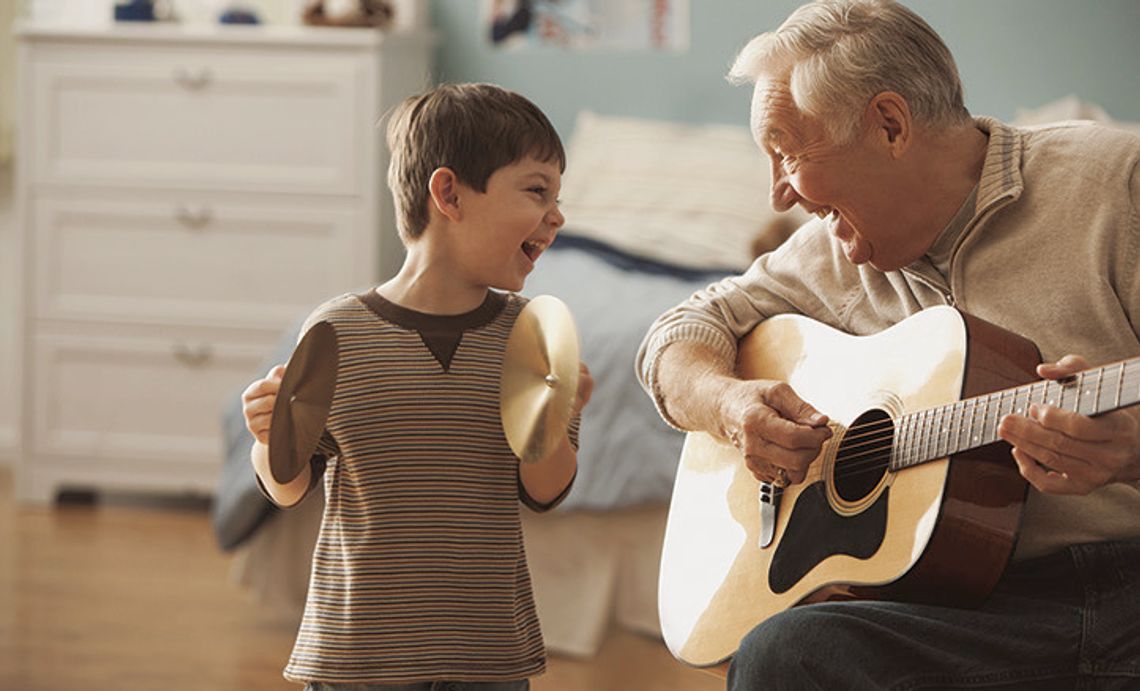Mental health is an important topic to acknowledge and discuss, and such recognition is vital for all people, including the aging population. The World Health Organization indicates 57 million people had dementia worldwide in 2021.
The National Institutes of Health reports the global prevalence of dementia in individuals under the age of 70 increased by 122 percent in recent decades, rising from roughly six million people in 1990 to more than 13 million in 2021.
Although many factors are involved in the development of dementias and cognitive decline, Alzheimer’s disease or other neurodegenerative illnesses are not inevitable as one gets older. But it is understandable why so many adults make brain health a priority.
People of all ages can benefit from incorporating activities that exercise the brain into their daily lives.
Learn a new language
Speaking a new language opens up new opportunities for travel and socialization and also strengthens the brain. A 2019 review published in Frontiers in Neuroscience noted that bilingualism increased and strengthened the connectivity between different areas of the brain. This enhanced connectivity might play a role in delaying the onset of dementias, according to researchers.
Learn new skills
Trying something new might stimulate the brain in ways that improve its function. A cognitively demanding skill, such as photography, playing an instrument and other activities could enhance memory function. Teaching such skills to others also can reinforce brain functions.
Take dancing classes
The Centers for Disease Control and Prevention says that dancing might help combat Alzheimer’s disease by improving blood circulation throughout the body.
It also forces a person’s memory and processing speed to work at a higher capacity through learning the choreography.
Use all of your senses
A 2014 study in Frontiers in Human Neuroscience indicated doing activities that simultaneously engage each of the five senses can strengthen the brain. Working memory and recall were higher for multi-sensory interactions. Baking a batch of cookies is an example of a multisensory experience.
Work on puzzles
Crossword puzzles, word searches, word games, and brain teaser-like puzzles are entertaining and work the brain. Research has shown that even doing jigsaw puzzles “recruits multiple cognitive abilities and is a protective factor for visuospatial cognitive aging,” according to Healthline.
Socialize with others
Socializing with other people can stimulate attention and memory.
This helps to strengthen neural networks in the brain that makes the brain work harder. This increase in mental activity can pay off in the long run. Socialization is also beneficial for mental health, especially among older adults who tend to be more isolated.
People are often concerned with giving their bodies a workout, but they also should focus on activities that strengthen their brains.
.png)






